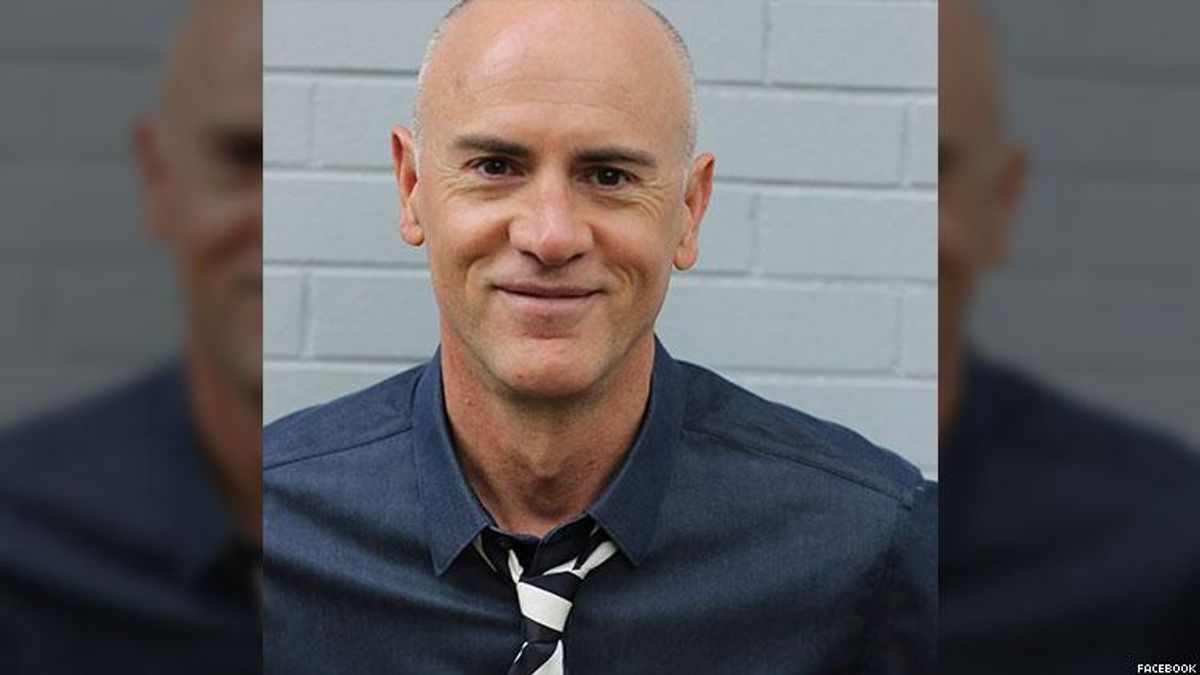All Rights reserved
By continuing to use our site, you agree to our Private Policy and Terms of Use.
Former conversion therapist, David Matheson, reported having mainly resolved unwanted homosexuality. He co-created programming for one of the last prominent organizations vending sexual orientation change efforts, People Can Change (now Brothers Road). Matheson's recent coming out as gay invites reflection about PCC/BR and battles to end sexual orientation conversion efforts (referred to sometimes as SOCE).
David called me around the time I announced the Southern Poverty Law Center's case that became the first trial to prove that conversion therapy is consumer fraud (Ferguson v. JONAH). He had cause for worry. Within months, Exodus International, the major Christian hub for SOCE shut down, followed by Evergreen, the ex-gay organization for Latter-day Saints. And our trial directly shut down JONAH (Jews Offering New Alternatives to Homosexuality). By then, three states and the District of Columbia had banned SOCE by licensed practitioners on minors.
Matheson co-created two PCC weekends in the woods: Journey Into Manhood and an "advanced" program, Journey Beyond. Even though PCC was not a defendant, our trial spotlighted its secretive weekends because JONAH integrated them into its SOCE program.
Trial testimony unveiled PCC's Journey Beyond weekend that warrants greater attention: Journey Beyond simulates stages of life, often naked, beginning with rebirthing and newborns bonding with loving "surrogate fathers." Reenacting boyhood is fun-filled, with activities like skinny-dipping and wild parties. After, men enjoy a group shower (with staff) to wash off smeared cake and mud. While revisiting adolescence, men discover and claim sensual manhood. After days of amping up eroticized masculine energy, initiates encounter "the feminine" with hopes that a spark may kindle into heterosexual flame.
Trending stories
One might muse that such top-secret change endeavors amount to elaborate cover for religious men, who reject gay identity, to indulge homoeroticism. Still, a foundational premise for this and the predecessor weekend is false: homosexuality results from childhood developmental "wounds" that can be repaired through SOCE, usually led by unlicensed peers. A road paved with discredited relics of conversion therapy, despite aspects of PCC/BR that some participants extol like reducing isolation, is not an ideal path to "Becoming a Whole Man," the title of Matheson's book. His evolution reminds that acceptance of one's orientation, irrespective of sexual activity, is part of the journey.
Some recent commenters have taken Matheson's former ex-gay leadership as proof that he is a terrible person. A better view is that, however twisted, his SOCE work extended from devotion to his religion that yet deems all gay sex sinful. The root of the problem is that heterosexism remains baked into most major religions. Matheson is due respect, like so many other former ex-gay leaders, for finally getting out.
Many from unaccepting communities need quality support. The fall of SOCE leaves a void that is partially filled for some in communities like Affirmation, LGBTQ Mormons, Families & Friends and Jewish Queer Youth. Few are fully served by gay discos and casual dating apps. We need, and can cultivate, as many do, spiritually vibrant communities and other supportive community spaces.
The Reconciliation & Growth Project, developed by Dr. Lee Beckstead and other licensed professionals from a variety of perspectives, including Matheson, has produced an enlightened framework for counseling those clenched between heteronormative religions and sexuality. The project's work eases transition to a post-SOCE world where ideally everyone can find competent support.
Legal and more narrowly applicable legislative strategies have helped substantially dismantle SOCE. Still, religious reformation is an ultimate cure for a disease that never was homosexuality, rather intolerance.
How do we get there? By small and simple means like engaging life, as Matheson now shows, as a journey of hopeful progress beyond illusion; by erecting bridges beyond personal bubbles; by cultivating and living our fullest vision of health -- spiritually, sexually, and otherwise; and by greater acceptance of our humanity, and that of others, irrespective of varying life choices.
We can simultaneously oppose abusive practices and dehumanizing theologies, not necessarily with shrill voices, but by creating and embodying better, more inclusive, models.
SAMUEL WOLFE is an attorney and writer living in Mexico City where he is completing a book about his quest to harmonize sexuality and spirituality as a queer latter-day saint.


















































































